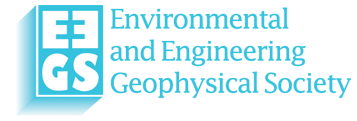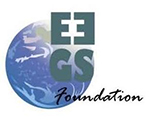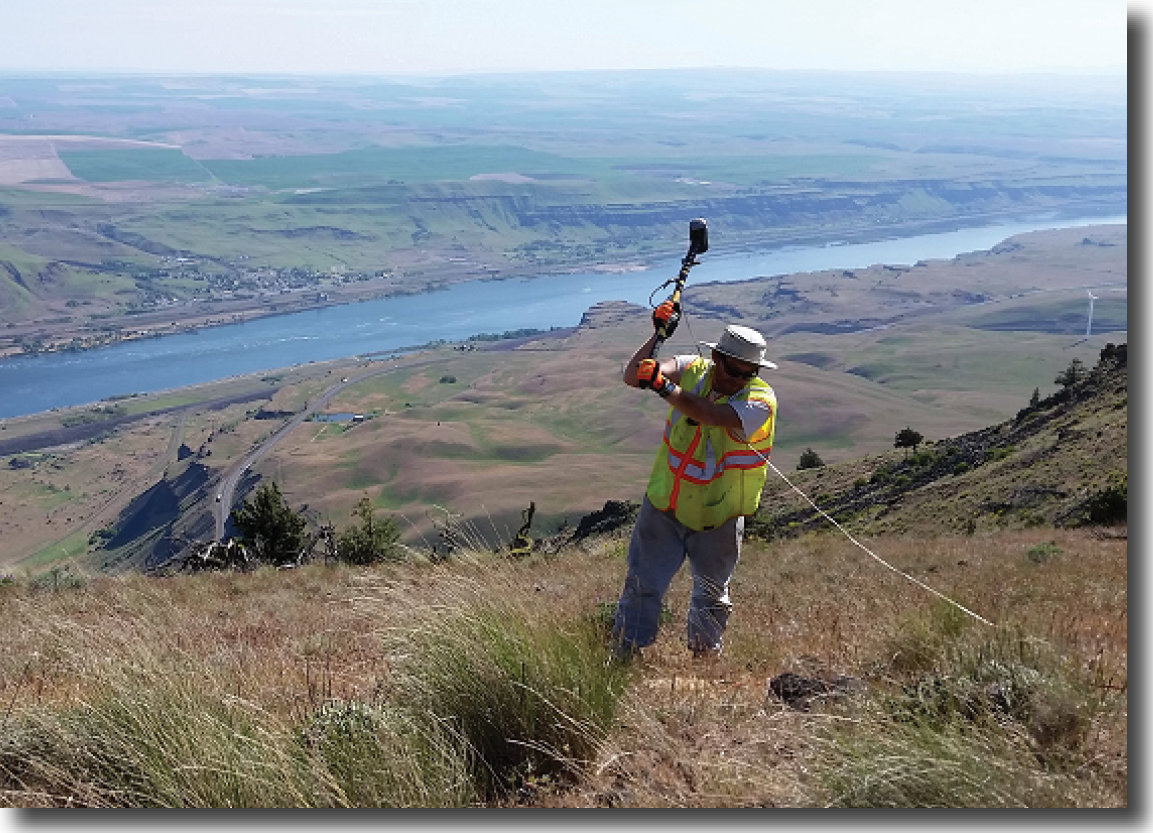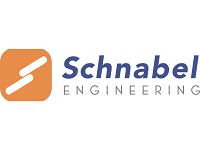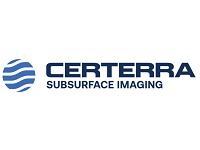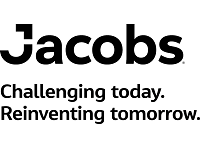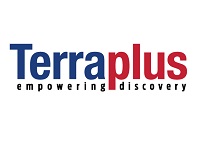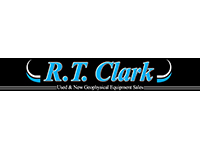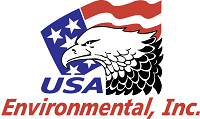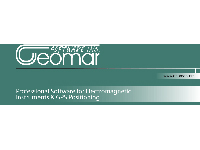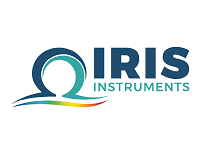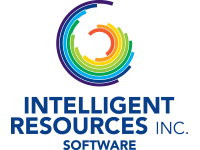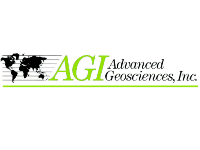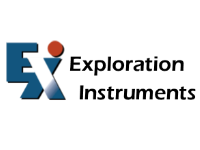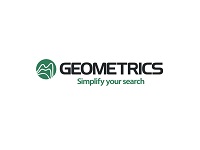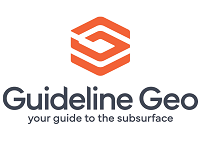- Home
- About Us
- GAINS
- News/TAG Webinars
- Membership
- Annual Meeting/SAGEEP
- SAGEEP 2026
- SAGEEP 2026 Schedule at a Glance
- SAGEEP 2026 Registration Information
- SAGEEP 2026 Abstract/Session Schedule
- SAGEEP 2026 Sponsorship Opportunities
- SAGEEP 2026 Exhibitor Opportunities
- SAGEEP 2026 Exhibitor Contract
- SAGEEP 2026 Accommodations
- SAGEEP 2026 Short Coures
- SAGEEP 2026 Luncheons/Conference Events/Activities
- SAGEEP 2025
- SAGEEP 2025-Munitions Response Meeting Abstracts/Sessions
- SAGEEP 2025-MRM Exhibiting/Sponsorship Opportunities
- SAGEEP 2025-MRM Accommodations
- SAGEEP 2025-MRM Registration Information
- SAGEEP 2025-MRM Program
- SAGEEP 2025-Munitions Response Meeting Short Courses
- SAGEEP 2025/MRM Luncheons/Conference Events/Activities
- SAGEEP 2024
- SAGEEP 2023
- SAGEEP 2022
- SAGEEP 2021
- SAGEEP 2020 Exhibiting/Sponsorship
- SAGEEP-2019
- SAGEEP 2019 Exhibiting/Sponsorship
- SAGEEP 2018
- SAGEEP 2017
- SAGEEP 2016
- SAGEEP 2015
- Proceedings SAGEEP 2024
- Proceedings SAGEEP 2023
- Proceedings SAGEEP 2022
- Proceedings SAGEEP 2018
- Proceedings SAGEEP 2025
- SAGEEP 2026
- Publications & Merchandise
Geophysical Applications in Near Surface (GAINS)Virtual Training CourseGAINS, a virtual training course (free to EEGS Members) designed for those looking for an introduction or refresher on practical applications in engineering and environmental geophysics. GAINS 2026Fall of 2024 through March, 2025 marked the first GAINS training course. GAINS is returning in 2026 beginning January 15, 2026 for the first of 9 modules, a special luncheon Panel Discussion at SAGEEP 2026, and an invitation to the Outdoor Demonstration event at the March 15-19, 2026 symposium. 2026 courses will be held on Thursdays from 2-4pm Mountain Time. For a detailed Curriculum Outline and registration, scroll down to Course Curriculum or click here. For questions or additional information, email [email protected]. Register in advance for the all GAINS courses: Registration is required. Prior to each module, you will receive an invitation to register for the Zoom meeting. Once registered, an email containing information about joining the meeting will be sent. You can also register from this page by scrolling to the Course Curriculum Outline, select the date and module, then click on the registration link in the course schedule. Registration for the February 26, 2026 module is open. The GAINS Virtual Training Course is offered to EEGS members free! Existing Members: To take advantage of the GAINS program, current members will receive an invitation to register for the course and participate in the modules, offered via Zoom, through their 2026 membership year expiring on December 31, 2026. New members: Anyone who joined EEGS from October, 2025 to January 15, 2026 is eligible to participate in the GAINS Virtual Training course in its entirety for free and enjoys membership benefits through December 31 of 2026. Any new member who joins up to and on the day of the module presentation will be admitted. Recorded presentations: Recordings are available at the conclusion of each module. You must be a member and logged in to access the web pages "GAINS 2024-25 Recordings" and "GAINS 2026 Recordings" viewable under the GAINS menu item. Join the GAINS Reddit Community! Frequently Asked QuestionsHow much does the GAINS course cost? What if I'm a current member, but my membership expires in December, can I still attend the course for free? I'm a government employee and am not eligible for professional memberships reimbursement. Can I purchase the GAINS course instead of joining EEGS or renewing my existing membership?
I've missed one of the GAINS module presentations. Are they recorded and if so, how can I access them? There is a reference to a luncheon/panel in Pittsburgh as part of the SAGEEP 2026 conference. Are there details on this module available?
GAINS 2026 Course Curriculum Outline (printable Outline
|
|
Date |
Module Topic |
Subject Matter Expert(s) |
|
Geophysical applications: history & survey essentials |
Cathy Skokan, Colorado School of Mines & the EEGS Education Committee |
|
|
Jan 22 |
Trever Ensele, Prospect Geophysics |
|
|
Jan 29 |
Ground-penetrating radar in the Arctic |
Esther Babcock, Ph.D., Logic Geophysics and Analytics LLC |
|
Feb 5 |
Reuse and Extension of Raw Geophysical Datasets for Legacy Waste Site Characterization |
Judy Robinson, Ph.D., & James St. Clair, Ph.D., |
|
Feb 12 |
Lia Martinez, Mount Sopris Instruments & Darin Pendergraft GEOVision |
|
|
Feb 19 |
Voids, karst, and sinkhole mapping/detection |
Jacob Sheehan & Mia Painter, Schnabel Engineering |
|
Feb 26 |
Marine & coastal applications Register in advance for this meeting (must be a member to attend): |
Richard Graham, Sirius Group Geo Consulting |
|
Mar 5 |
Archeogeophysics and forensic geophysics |
Blair Schneider, Ph.D., Kansas Geological Survey |
|
Mar 12 |
Geophysics for the Pennsylvania PG exam |
Kate McKinley, PGp, PG, THG Geophysics Ltd. |
|
Mar 18 |
Luncheon & GAINS SME Panel at SAGEEP 2026 |
Wednesday SAGEEP 2026 Luncheon in Pittsburgh, PA |
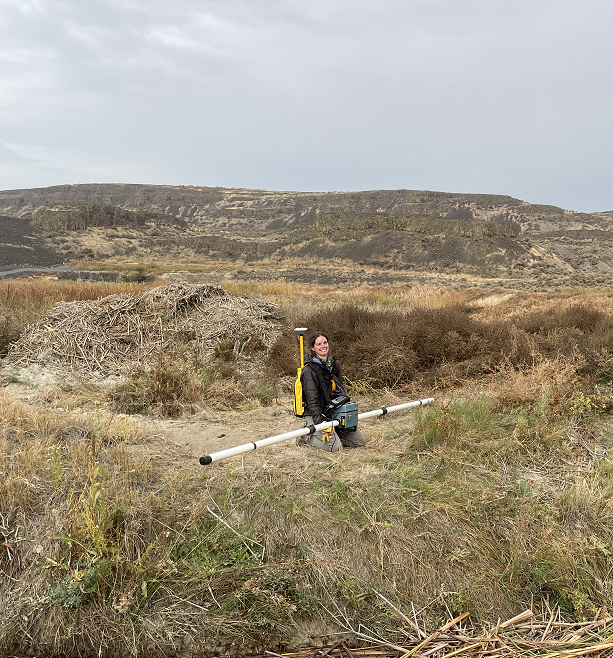 |
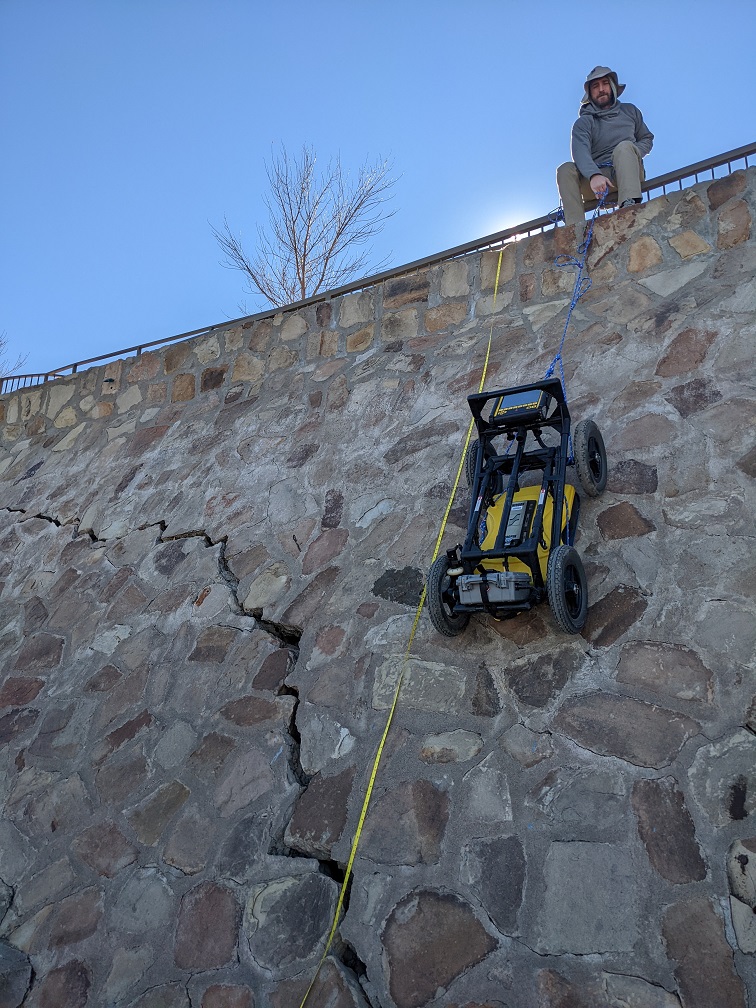 |
EEGS Education Committee:
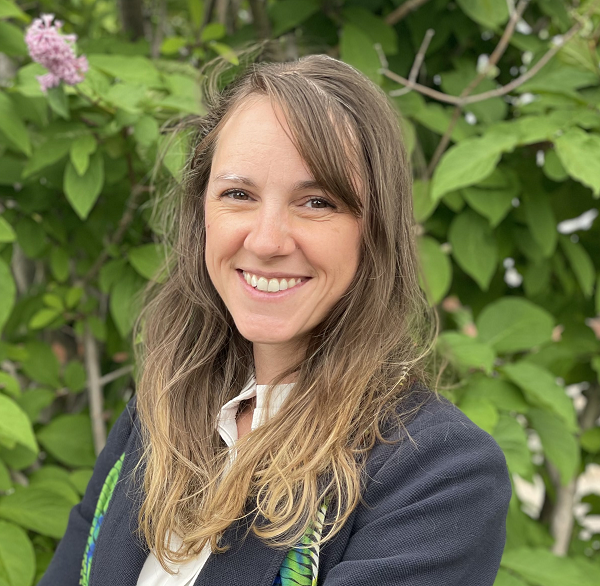 |
Sarah L. Ranney, Ph.D., Bureau of Reclamation Sarah is an engineering geophysicist with the Bureau of Reclamation in Denver, CO. She is known for her love of near-surface seismic methods with a keen interest in subsidence and other natural hazards. She is a New England native with multiple degrees in both Geology/Geophysics and Geotechnical Engineering. Her career started in 2010 with positions at several state geological surveys and other federal-government agencies. She is passionate about mentorship and developing accessible forms of education for aspiring geophysicists. |
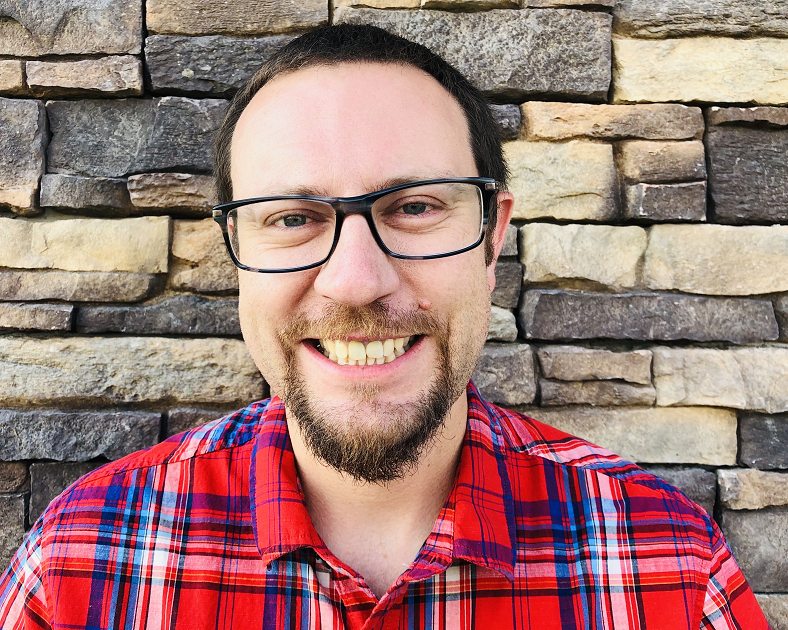 |
Paul Schwering, Pacific Northwest National Laboratory Paul is near-surface geophysicist with practical experience spanning geothermal energy resource characterization, geologic engineering, infrastructure investigations, hydrogeology, environmental remediation, and mineral exploration since 2005. He is enthusiastic about the potential for geothermal resources to bolster energy surety and about designing/executing multi-faceted experiments for subsurface characterization. |
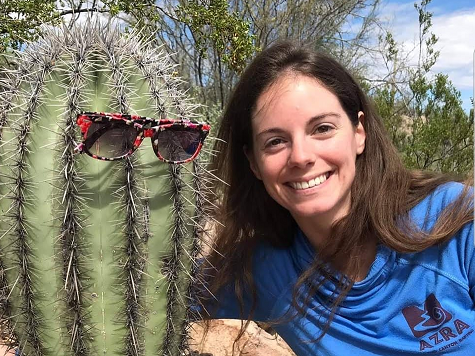 |
Miriam Johnston, Bureau of Reclamation Miriam is an engineering geophysicist with the Bureau of Reclamation in Denver, CO. She has over 10 years of experience in all near-surface geophysical techniques, having worked in both the public and private sectors. Throughout her career, she has performed geophysical surveys in over 25 US states, in every type of field condition imaginable. She is known for her creative and successful execution of field surveys in challenging and less than desirable terrains. |
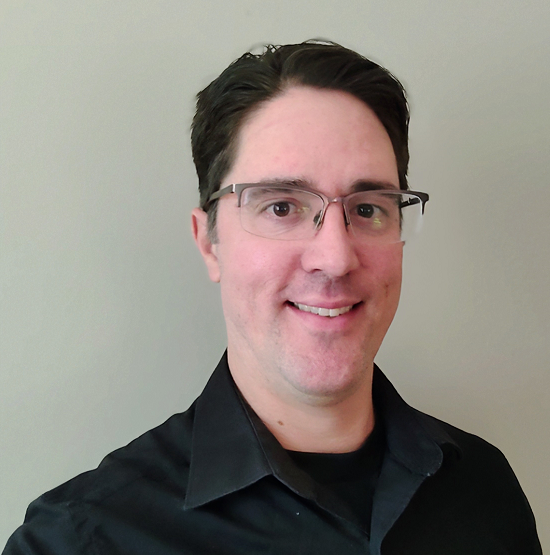 |
Trever Ensele Mr. Ensele is a seasoned geophysicist and geologist with 18 years of experience in the acquisition and analysis of geophysical, geological, and geotechnical data. His expertise spans a wide range of geophysical methods, including seismic, electrical resistivity, electromagnetic, magnetic, and GPR surveys, as well as GPS surveying and GIS software applications. Additionally, Mr. Ensele has managed mineral exploration programs, large scale geophysical surveys, diamond core drilling, trenching, and geotechnical sampling and analysis programs. |
